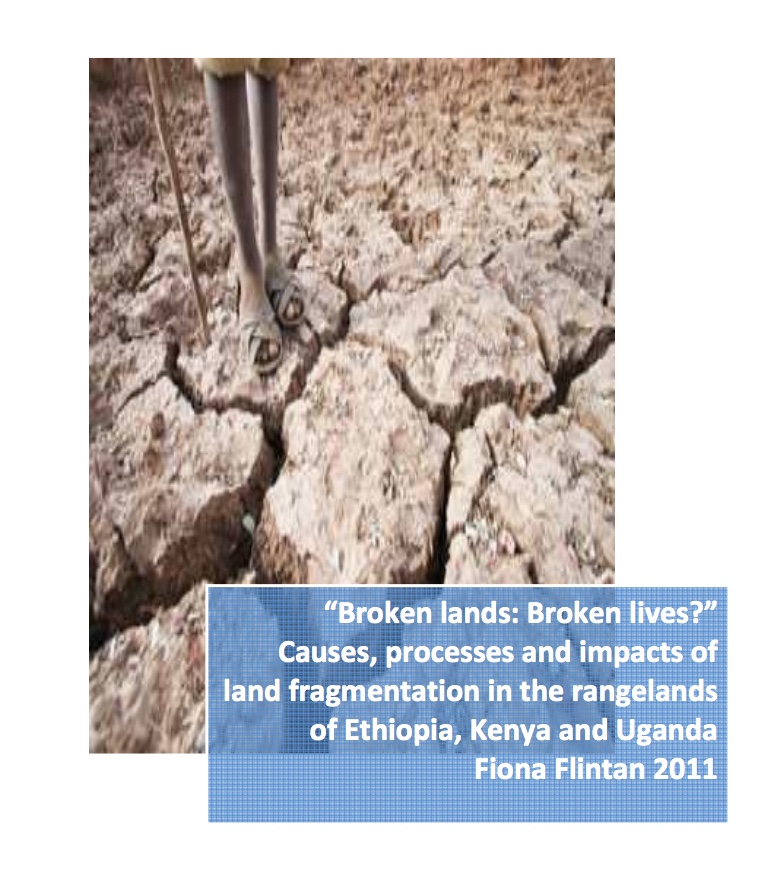Focus on Land in Africa: Mozambique Lesson Brief, Mozambique's Land Law
This lesson brief presents the laws that give people access and secure rights to land. These laws encourage investment in the land and can establish a foundation on which rural families can grow their incomes and assets.





